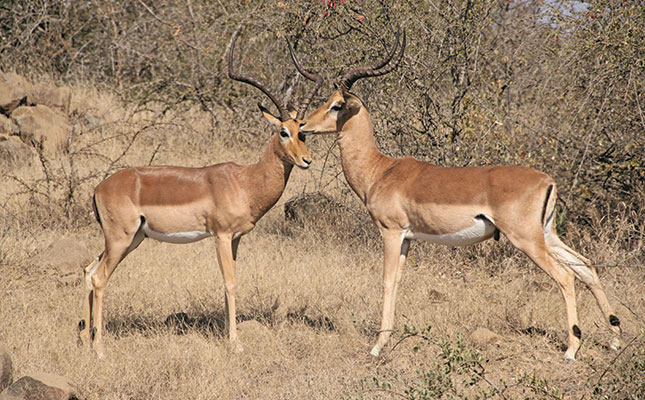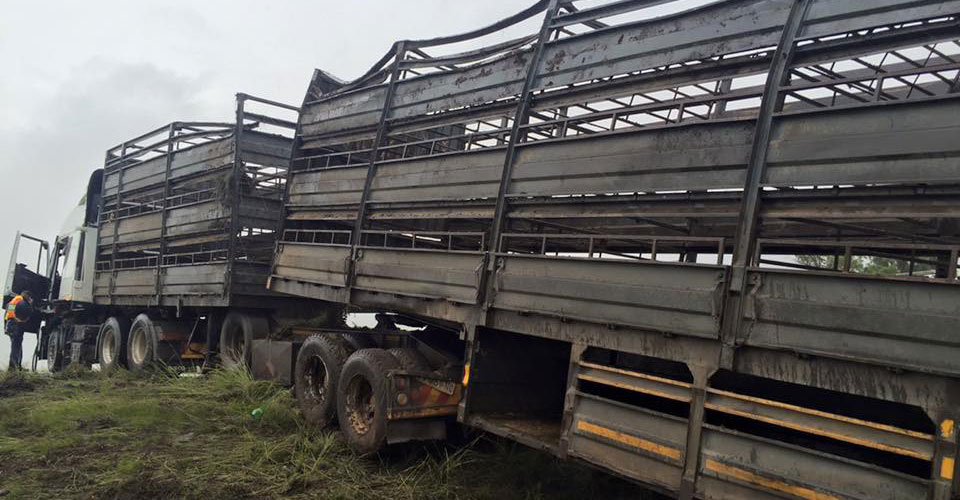
This was according to Prof Peet van der Merwe, senior lecturer at North-West University’s School of Tourism Management. He said the industry had already seen an uptick in hunting tourism following the pandemic.
Franco Joubert, owner of North West Wildlife Traders, attributed a recent spike in prices realised at game auctions to this rise in demand, while the number of game animals available for hunting had dropped.
He said that, as an example, the price of an impala ram for hunting had increased from about R2 000 to R3 000 in 2021, to as much as R4 000 in 2022. Moreover, indications were that the price would rise to at least R5 000 in 2023.
An eland trophy bull that sold for between R20 000 and R25 000 in 2022 could exceed R35 000 this year, while the price of a trophy blue wildebeest was expected to increase from about R7 500 in 2022 to about R10 000 in 2023, according to Joubert.
Van der Merwe said there was evidence that game ranchers had increased hunting during 2022 to make up for the loss in income resulting from the pandemic-related trade restrictions, which meant that far fewer game animals were now on offer.
The protracted drought in the Eastern and Northern Cape had had a similar effect on the availability of game in those provinces, which buoyed game prices.
He added, however, that government’s draft White Paper on Conservation and Sustainable Use of South Africa’s Biodiversity would be the biggest challenge for the game ranching industry in 2023, as it emphasised the expropriation and nationalisation of all wildlife in the country.
“Should government succeed with the proposed bill, it could have an immense impact on the private wildlife industry. This will hurt wildlife populations in South Africa, as fewer farmers will see wildlife as an investment,” Van der Merwe said.











